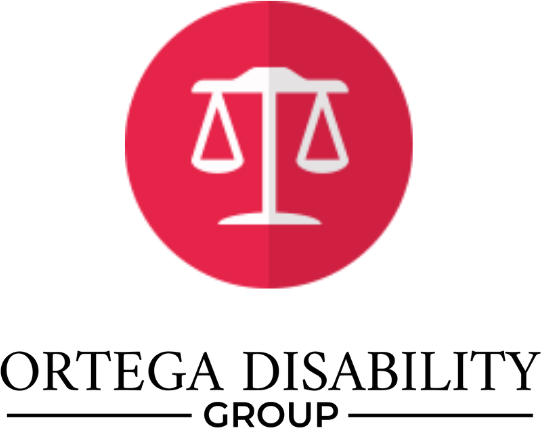Social Security Disability (SSD) Benefits for Congenital Disorders That Affect Multiple Body Systems
Social Security Disability Insurance (SSDI) is a federal program that is designed to provide financial support to disabled individuals who cannot take part in Substantial Gainful Activity (SGA), and are unable to earn a living wage due to their disability.
In order for a claimant to qualify for SSDI, they must be able to provide proof of their disability, and that their disability prevents them from earning a living wage. This must include medical proof that clearly defines and supports the severity of their disability.
The Social Security Administration (SSA) is in charge of denying and approving disability claims. They use what is called the Blue Book to determine if a claimant’s disability fits the definition of a qualifying disorder. The Blue Book breaks qualifying disabilities down into categories, allowing for concise listings of symptoms and definitions.
Category 10.00 in the Blue Book is titled Congenital Disorders that Affect Multiple Body Systems, and includes non-mosaic Down Syndrome and other congenital disorders. Only non-mosaic Down syndrome, not mosaic Down Syndrome, is evaluated under this category.
The Social Security Administration approves claimants with non-mosaic Down Syndrome for Social Security Disability benefits because most people who have non-mosaic Down Syndrome have delayed physical development and intellectual impairments, as well as distinguishable facial and/or physical features. They may also have congenital heart disease, hearing or vision problems, and other disorders.
This disorder often impacts a person’s daily life and their ability to earn a living wage. In order to qualify for disability benefits under this category, a claimant must provide substantial medical proof of their disability, such as laboratory findings or physician statements.
For those filing SSDI claims under this category, claimants with non-mosaic Down Syndrome may find they qualify for Supplemental Security Income (SSI) and not SSDI. A person with Down Syndrome may only qualify for SSDI if they have paid into the Social Security system by working in the past, or the claimant may be eligible to receive auxiliary benefits under their parent’s work history.
Other Multiple System Disorders Covered Under This Category
Other disabilities that are evaluated under the Congenital Disorders that Affect Multiple Body Systems category will be assessed via requirements listed under the specific body system(s) affected by the claimant’s disorder.
A few other disorders covered in the Blue Book under this category include things like congenital anomalies, dysmorphic syndromes, perinatal infectious diseases, and others that, according to the SSA, can cause “deviation from, or interruption of, the normal function of the body or can interfere with development.”
A few of these conditions include, but are not limited to, the following:
- Phenylketonuria (PKU)
- Caudal Regression Syndrome
- Fetal Alcohol Syndrome
- Ehlers-Danlos Syndrome (EDS)
- Reye’s Syndrome
- Fragile X Syndrome (also known as Martin Bell syndrome or Escalante syndrome)
A Social Security Disability Attorney in Oakland, CA
Filing a claim for Social Security Disability Insurance can be time consuming and difficult. Most claims are initially denied, and this is why it is so important to reach out to a qualified disability attorney for assistance when filing for disability benefits.
If you are looking for a Social Security lawyer in Oakland, CA, or the surrounding areas, reach out to Ortega Disability Group today and get help from our experienced legal team so you can receive the benefits you need.
